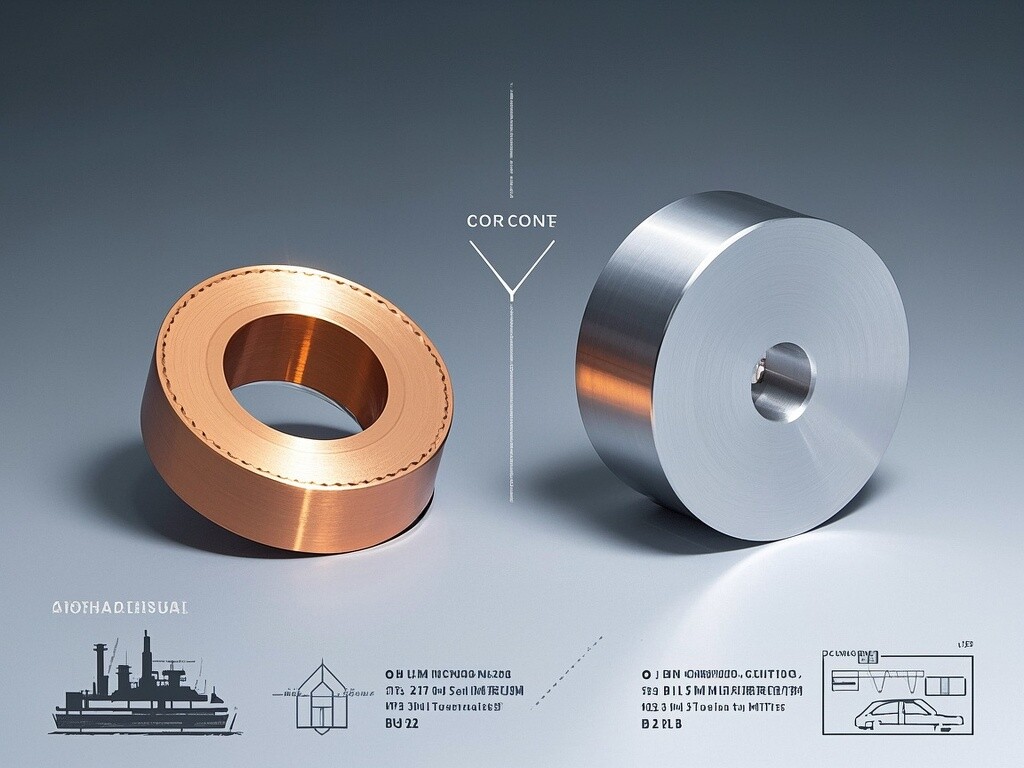
When selecting materials for industrial applications, the debate between copper alloys and aluminum often arises. Both offer unique advantages, but understanding their performance characteristics is crucial for making informed decisions. This article provides a detailed comparison to help you choose the right material for your specific requirements.
Understanding Copper Alloys and Aluminum
Copper alloys, such as bronze and brass, are known for their excellent electrical conductivity, corrosion resistance, and durability. These properties make them ideal for electrical components, plumbing systems, and marine applications. On the other hand, aluminum is lightweight, highly malleable, and offers good thermal conductivity, making it a popular choice for aerospace, automotive, and construction industries.
Performance Comparison
Strength and Durability
Copper alloys generally exhibit higher tensile strength compared to aluminum, which makes them suitable for heavy-duty applications. However, aluminum's strength-to-weight ratio is superior, especially when alloyed with other metals like magnesium or silicon.
Corrosion Resistance
Both materials resist corrosion, but copper alloys perform better in harsh environments, such as seawater. Aluminum forms a protective oxide layer, but it may require additional treatments like anodizing for enhanced protection.
Thermal and Electrical Conductivity
Copper alloys are unmatched in electrical conductivity, which is why they dominate wiring and electrical components. Aluminum, while less conductive, is often used in power transmission lines due to its lighter weight and lower cost.
Cost Considerations
Aluminum is generally more cost-effective than copper alloys, both in terms of material costs and fabrication expenses. However, the longevity and lower maintenance requirements of copper alloys can offset the initial price difference over time.
Applications in Various Industries
- Construction: Aluminum is preferred for lightweight structures, while copper alloys are used in plumbing and roofing.
- Automotive: Aluminum's lightweight properties reduce fuel consumption, whereas copper alloys are essential for electrical systems.
- Marine: Copper alloys excel in seawater environments due to their superior corrosion resistance.
Why Choose Us?
With years of expertise in supplying high-quality materials, we offer tailored solutions to meet your project requirements. Whether you need copper alloys, aluminum, or other steel products like carbon steel, galvanized steel, or stainless steel, we ensure top-notch quality and competitive pricing. Contact us today to discuss your needs.
Leave A Message
If you are interested in our products and want to know more details, please leave a message here, we will reply you as soon as we can.
